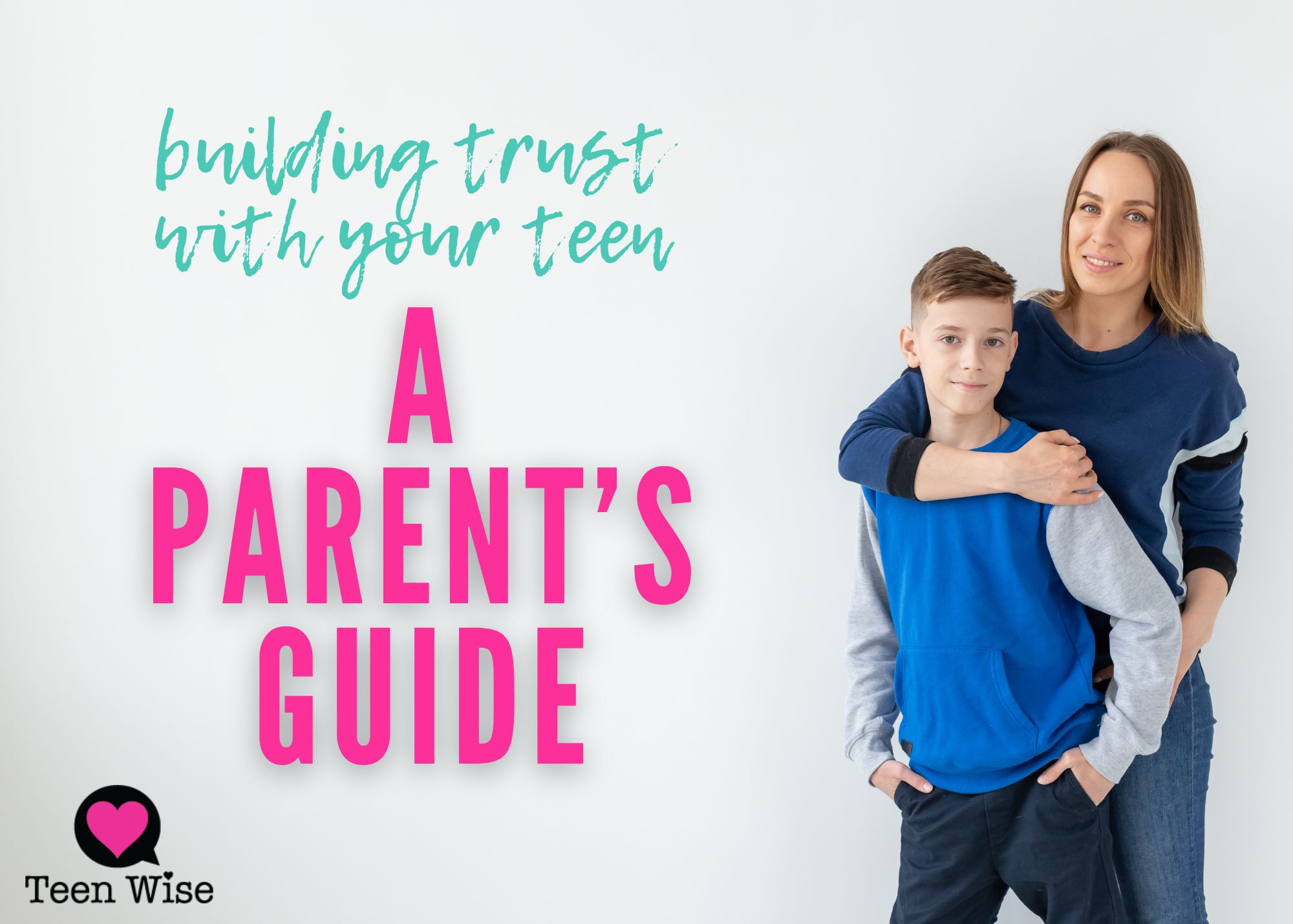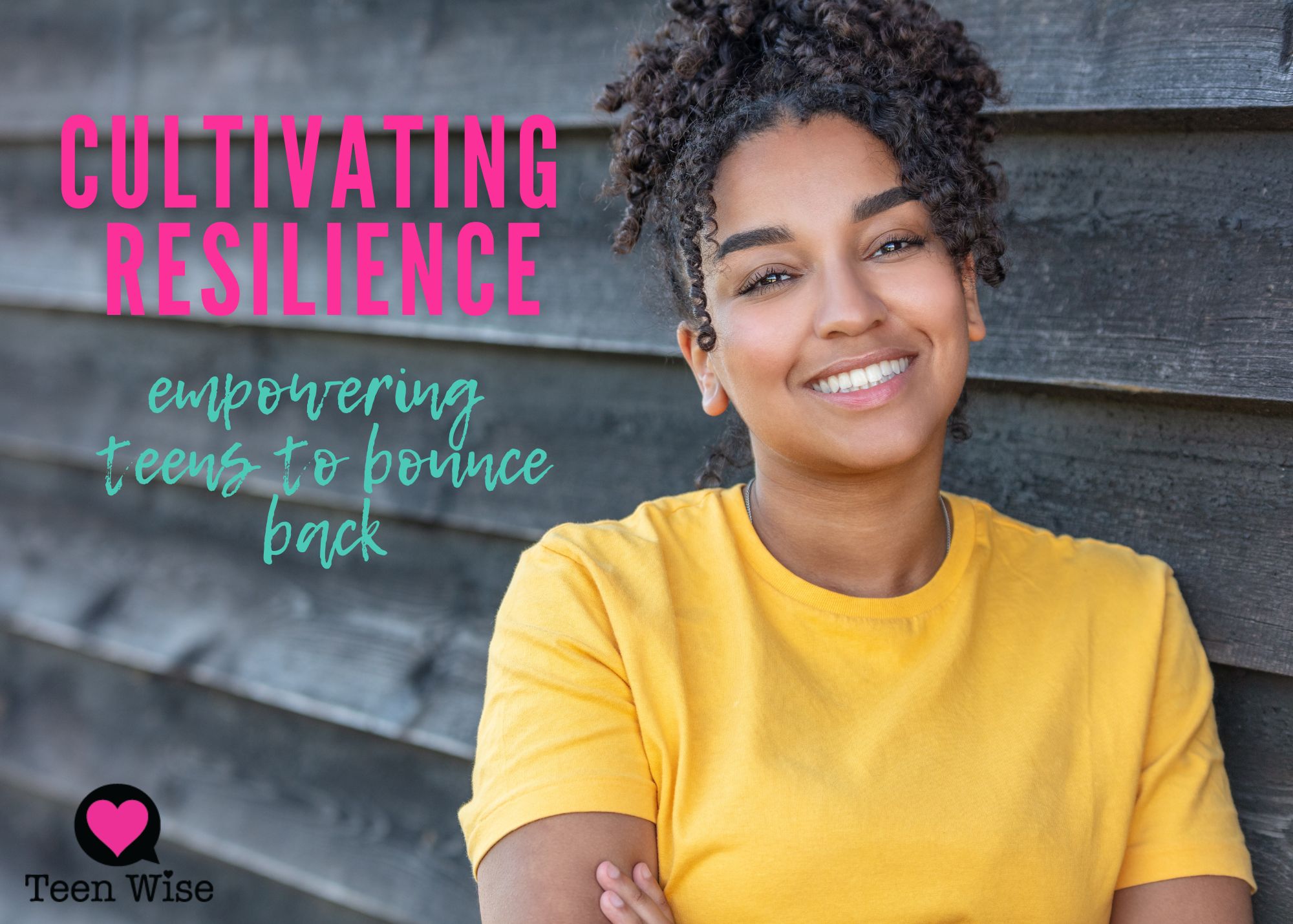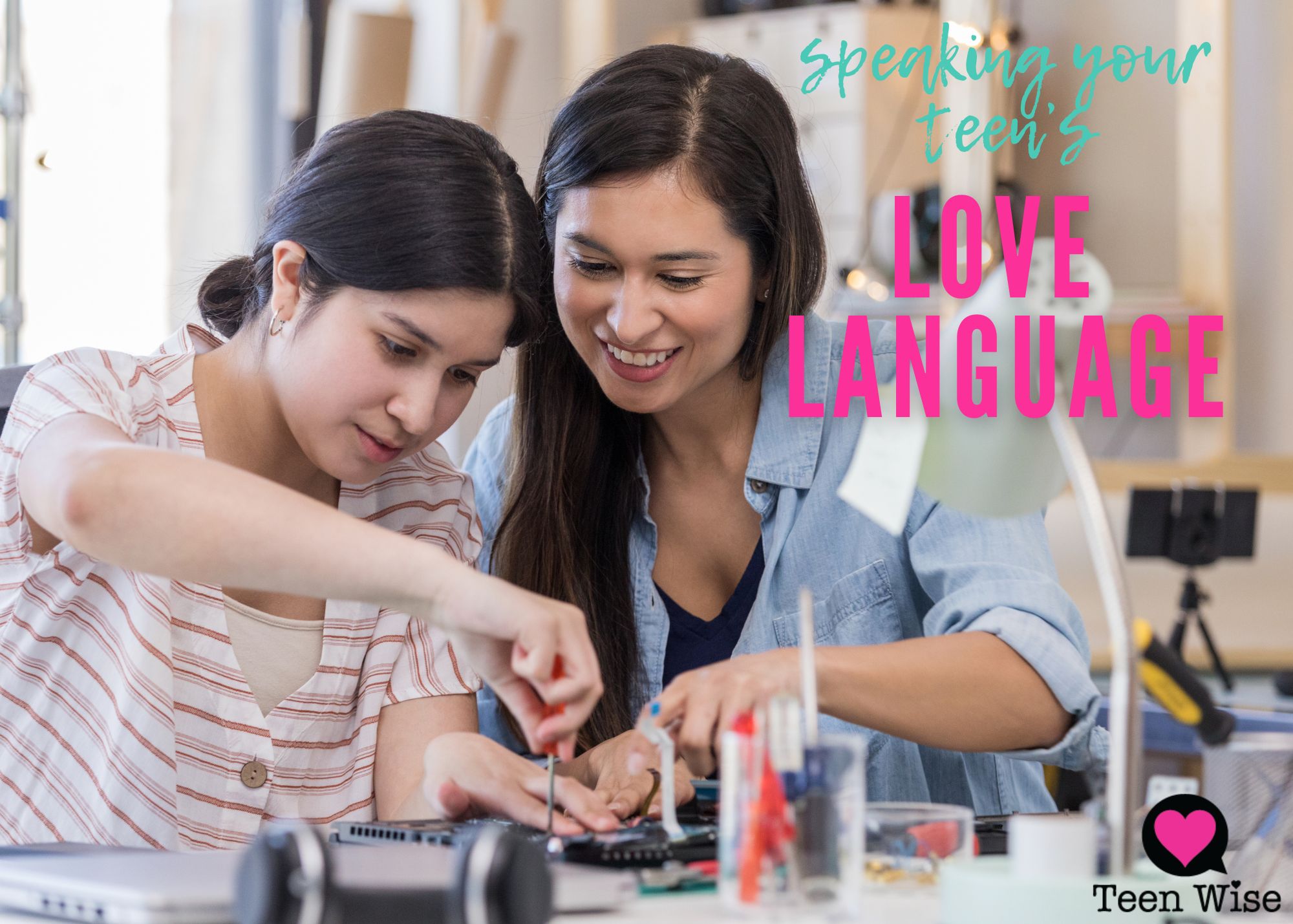Parenting is a journey filled with both joy and challenges. Yet, amidst the daily hustle and emotional demands, parents often set impossibly high standards for themselves. When mistakes happen or things don’t go as planned, self-criticism can creep in. Practicing self-compassion is a powerful antidote. By focusing on the three core components of self-compassion—kindness, connectedness, and mindfulness—parents can navigate their journey with greater balance, resilience, and self-acceptance.
Kindness: Treating Yourself as You Would a Friend
As parents, it’s natural to pour kindness into your children, but how often do you extend that same kindness to yourself? When things go wrong—whether it’s being late for school drop-off or feeling overwhelmed by your teen’s emotional outburst—your inner voice might be quick to criticize. Practicing self-compassion means replacing self-criticism with self-kindness. Imagine how you’d respond to a friend in a similar situation. You’d likely offer encouragement, understanding, and reassurance.
Start by shifting your inner dialogue. Instead of thinking, “I’m such a failure for forgetting that,” try saying, “I’m doing my best, and it’s okay to make mistakes.” Remember, kindness is not about letting yourself off the hook but about recognizing your humanity and treating yourself with the same care you offer others.
Connectedness: You Are Not Alone
Parenting can sometimes feel isolating, especially when challenges arise. It’s easy to believe you’re the only one struggling, which can amplify feelings of inadequacy. Practicing connectedness involves recognizing that all parents face difficulties and that you are not alone in your experiences.
When you feel overwhelmed, remind yourself that imperfection is a universal part of parenting. Seek out other parents who can empathize with your journey. Joining a parenting group, sharing experiences with a trusted friend, or simply acknowledging that others have faced similar struggles can foster a sense of community and reduce self-doubt. Connectedness helps you see that parenting is not about perfection but about growth and learning—for both you and your child.
Mindfulness: Being Present Without Judgment
Mindfulness is the practice of being present in the moment without judgment. For parents, this means acknowledging your feelings and experiences as they are, without suppressing or amplifying them. If you’re feeling frustrated because your teen refuses to do their homework, mindfulness allows you to recognize that frustration without letting it define your response.
Take a moment to pause and breathe. Label your emotions: “I feel frustrated” or “I feel overwhelmed.” This simple act of recognition creates space between the emotion and your reaction. Mindfulness helps you respond with clarity and intention rather than being swept up by the intensity of the moment. It also encourages you to stay present with your child, fostering stronger connections and more meaningful interactions.
Why Self-Compassion Matters for Parents
Practicing self-compassion isn’t just about feeling better—it’s about modeling resilience, kindness, and self-acceptance for your children. When they see you treat yourself with compassion, they learn to do the same for themselves. Self-compassion also helps you manage stress more effectively, creating a healthier and more balanced home environment.
Parenting is a journey of imperfection, but it’s also a journey of growth. By embracing kindness, connectedness, and mindfulness, you equip yourself with the tools to navigate challenges with grace and understanding. Remember, you don’t have to be a perfect parent—you just have to show up with love and compassion, for both your child and yourself.
With Heart,
Coach Sheri







